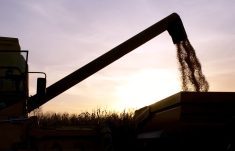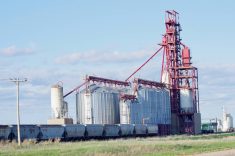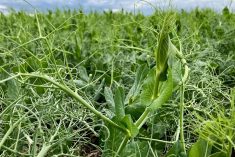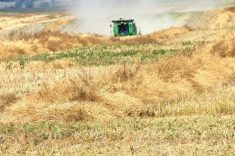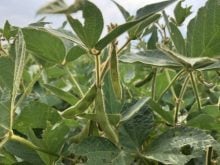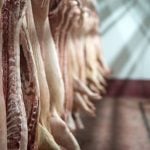(Resource News International) –– Canada’s flax growers will likely be faced with years of required testing in an effort to rid the market of the trace amounts of genetically modified (GM) flaxseed that have contaminated the country’s supply, participants in a teleconference sponsored by the Saskatchewan Flax Development Commission were told Thursday.
Testing on seed all the way through the supply chain is necessary to make sure the flaxseed will be accepted into the lucrative European market, which has a nearly zero-tolerance policy on GM flax.
Read Also
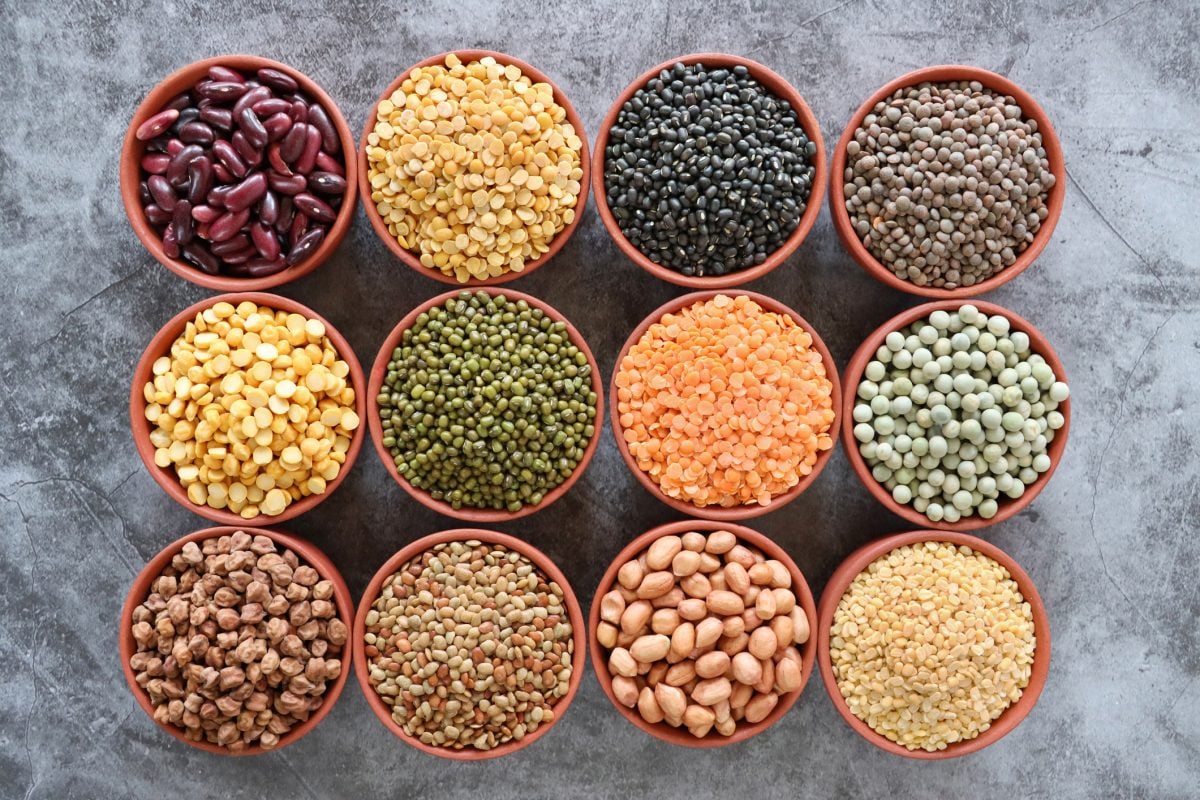
Pulse Weekly: SPG looks back at harvest, ahead to trade
Saskatchewan Pulse Growers executive director Carl Potts said this year’s harvest had strong yields as the organization now works on international trade.
The European Union, Canada’s largest traditional customer for flaxseed, stopped importing the commodity in September 2009 following the discovery of GM material in some shipments. The GM material comes from a variety called CDC Triffid, which was deregistered in 2001.
While the variety was never in commercial production, subsequent testing has found trace amounts of Triffid in samples from across the country. The EU has a very small tolerance level for GM flax which is set at 0.01 per cent, or one in every 10,000 seeds.
Shipments of Canadian flaxseed have since resumed to the EU on a smaller scale, but they must undergo rigorous testing to make sure there is no Triffid present.
The Canadian industry originally recommended planting only certified seed this spring to help clear the GM flax from the domestic supply. However, trace amounts of the GM seed were also found in breeder seed supplies, creating some questions as to how much GM-free seed for planting would be available this spring.
Now the industry is working with a flax grower stewardship program that will allow farmers to use their own farm-saved seed, as long as it is sampled and tested to be GM-free.
“Community effort”
Thursday’s teleconference provided farmers with a chance to ask questions of numerous industry officials about the new testing requirements and the state of the flax sector in the country.
“It’s a very costly situation that we’ve suffered right through the pipeline,” said Terry James, chair of the Flax Council of Canada’s board of directors and vice-president of grain merchandising with Richardson International.
All aspects of the industry were working together to save the market in Europe including producers, exporters, European customers, government and associations, he said. “It’s been a community effort to solve the problem, but none of us created the problem.”
Testing will be required all along the grain handling pipeline in order to maintain that the flaxseed is free of GM contamination, James said. “It’s a tough thing to have to ask for, but there’s no other way of preventing (GM flaxseed) from entering the European pipeline than to get producers to test.”
If there are any traces of Triffid in flaxseed for planting, the industry does not want to see it planted, said James. However, he also said marketers were working to find homes for any flaxseed that does contain GM traces.
“We’ll find markets for the positive flax,” said James, noting China and the U.S. are both taking flaxseed that has tested positive for Triffid. Those positive supplies will need to be kept as separate as possible from flax destined for Europe.
Elevators have been asked to flush out their systems to avoid any contamination between handling of flax that’s GM-free and that which contains the Triffid marker, he said.
Overall, James and the other commentators on the call were hopeful that flax would remain economical for producers to grow, especially as buyers in Europe are currently lacking supplies.




